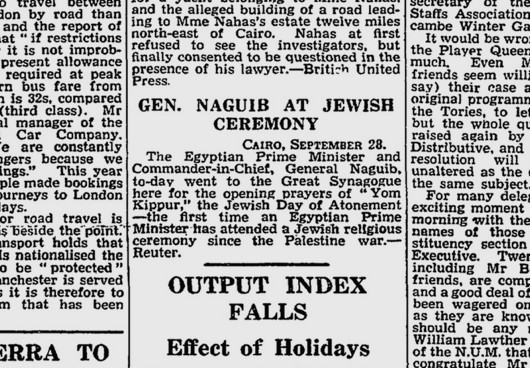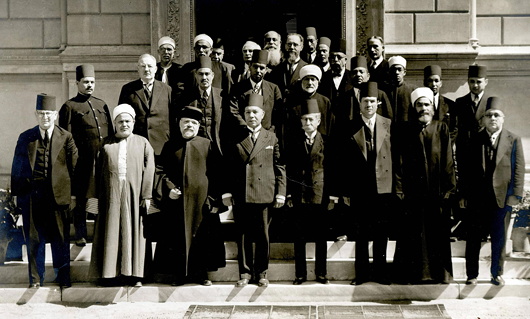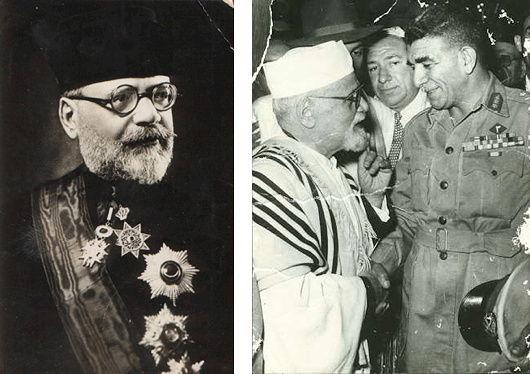2017 November
About Andrew Cusack
 Writer, web designer, etc.; born in New York; educated in Argentina, Scotland, and South Africa; now based in London.
Writer, web designer, etc.; born in New York; educated in Argentina, Scotland, and South Africa; now based in London. read more
News
Blogs
Reviews & Periodicals
Arts & Design
World
France
Mitteleuropa
Knickerbockers
Argentina
The Levant
Africa
Cape of Good Hope
Netherlands
Scandinavia
Québec
India
Muscovy
Germany
Academica
“Get me ze Führer!”
Stereotypes of Nazi generals in British war films
“The reason for my uniform being a slightly different colour to yours
is never explained.”
The British are, of course, obsessed with the Nazis. There are many reasons for this, amongst which we must include the large number of really quite good war films produced during the 1950s and 1960s.
For some indiscernible reason these movies have the virtue of being eternally rewatchable and many a cloudy Saturday afternoon has been occupied by Sink the Bismarck!, Where Eagles Dare, or The Colditz Story.
The genre also deploys with a remarkable regularity a number of familiar tropes of ze Germans which the above clip from a British comedy sketch programme (introduced to me by the indomitable Jack Smith) aptly mocks.
Nahum Effendi and Cairo’s Lost World

Stumbling across the newspaper clipping above was a sad reminder of a lost world. Taken from the front page of the Manchester Guardian of Monday 29 September 1952, it describes the Egyptian leader General Naguib attending a Yom Kippur service just two months after the coup that overthrew the country’s monarchy. None of the Jewish places of worship in Cairo are known as the “Great Synagogue”, so I presume this must have been the Adly Street Synagogue (Sha’ar Hashamayim).
The Chief Rabbi of the Sephardic community in Egypt at the time would have been Senator Rabbi Chaim Nahum Effendi. A creature of the Ottoman world, Rabbi Nahum was born in Smyrna in Anatolia, went to yeshiva in Tiberias on the Sea of Galilee, and finished his secondary education in a French lycée.
After earning a degree in Islamic law in Constantinople, he started his rabbinic studies in Paris while also studying at the Sorbonne’s School of Oriental Languages. Returning to Anatolia he was appointed the Hakham Bashi, or Chief Rabbi, of the Ottoman empire in 1908 and honoured with the title of effendi.
After that empire collapsed, Rabbi Nahum was invited to take up the helm of the Sephardic community in Egypt in 1923. A natural linguist and a gifted scholar, the chief rabbi’s talents were apparent to all, and he was appointed to the Egyptian senate as well as being a founding member of the Royal Academy of the Arabic Language created to standardise Egyptian Arabic.

Rabbi Nahum (front row, third from left) at the foundation of Egypt’s Arabic academy.
The foundation of the State of Israel was a godsend for many Jews but spelled the beginning of the end for Egypt’s community. Zionists were a distinct minority among Egyptian Jews — many of whom were part of Egypt’s (primarily anti-British) nationalist movement — but Israel’s defeat of the Arab League in the 1948 War embarrassed Egypt’s ruling classes and stoked anti-semitism amongst the populace. Violent attacks against Jewish businesses were tolerated by the authorities and went uninvestigated by the police. Unfounded allegations of both Zionism and treason were rife, and discriminatory employment laws were introduced.
The 1952 Revolution did not improve things, as the tolerant but decaying monarchy was replaced by a vigorous but nationalist and pan-Arabist military government. Faced with such continuing depredations, the overwhelming majority of Jewish Egyptians fled — to Israel, Europe, and the United States. Rabbi Nahum eventually died in 1960, by then something of a broken man I imagine.
Cairo was once a thriving cosmopolitan city of Muslims, Christians, and Jews — and many communities of outside origin. The Greeks, who first arrived twenty-seven centuries ago and in 1940 still numbered tens of thousands, have all left. The futurist Marinetti was the most famous of the Italian Egyptians, whose numbers in the 1930s were numerous enough to warrant several branches of the Fascist party. Since the 1952 Revolution they are all gone too. Some Armenians remain, but not many. As for Jews, there are six left in Egypt.
Sic transit gloria mundi.

Search
Instagram: @andcusack
Click here for my Instagram photos.Most Recent Posts
- Sag Harbor Cinema March 26, 2025
- Teutonic Takeover March 10, 2025
- Katalin Bánffy-Jelen, R.I.P. March 3, 2025
- Substack Cusackiensis March 3, 2025
- In the Courts of the Lord February 13, 2025
Most Recent Comments
Book Wishlist
Monthly Archives
Categories


